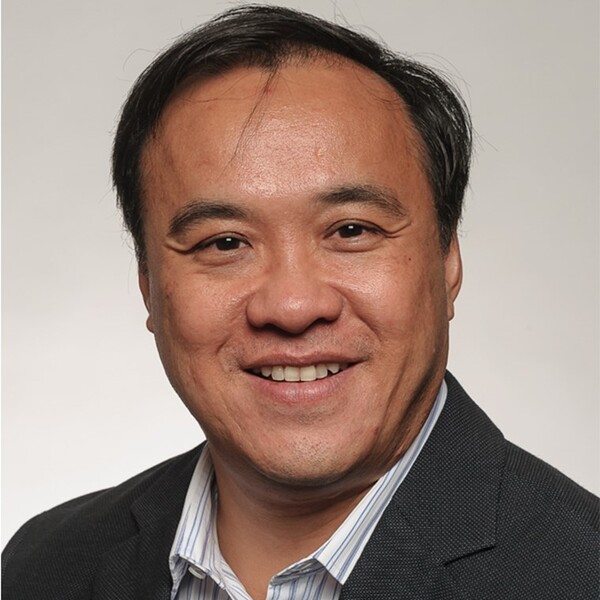Exploring Dementia Risk Factors
Spotlight On: Dr. Wai Haung (Ho) Yu

November 21, 2022
There are many risk factors that may increase a person’s chance of developing dementia. They can range from genetic to lifestyle-related or environmental events. Some risk factors are modifiable, while others are not. On their own, risk factors do not cause dementia, but they do increase the odds of developing dementia.
Dr. Wai Haung (Ho) Yu spends his time investigating the how these risk factors impact dementia. Dr. Yu is a Scientist at the Centre for Addiction and Mental Health (CAMH), and an Assistant Professor in the Department of Pharmacology and Toxicology at the University of Toronto.
On the clinical side, Dr. Yu and his team focus on understanding risk and protective factors for Alzheimer’s disease in Asian populations, a group that is often underrepresented in clinical research. The goal is to identify factors unique or common to Asian populations relative to other races or ethnicities. As part of the program, Dr. Yu is also assessing biomarkers to identify risk, and hopefully, these can be used to diagnose disease in the future.
In his laboratory research, Dr. Yu studies biological risk factors for Alzheimer’s and other neurodegenerative diseases using cells and animal models. We know that in diseases like Alzheimer’s, there is a buildup of proteins (beta-amyloid and tau) that cause the dysfunction of brain activity, like memory and cognition. Dr. Yu’s team is examining defects in how cells handle these proteins and why the process (proteostasis) becomes dysfunctional in vulnerable cell populations in the brain. Specifically, his team examines autophagic lysosomal deficits, or errors in a process called ‘autophagy’, which Dr. Yu helped to define in Alzheimer’s disease. Autophagy means to self-digest; it is a recycling process that occurs in brain cells. When something in a cell becomes dysfunctional (e.g., a protein or a fat), an ‘autophagosome’ forms around it. The autophagosome serves as a vehicle, which delivers its cargo to the recycling centre of the cell called the lysosome. The lysosome breaks down the delivered cargo, and recycles usable materials like proteins, lipids, and sugars. In Alzheimer’s disease, there is a disruption in this normal process (i.e., an autophagic-lysosomal deficit), where either 1) the autophagosome isn’t delivering its cargo to the lysosome, OR 2) the lysosome is not breaking down the materials properly.
Autophagic lysosomal deficits end up creating the major pathologies seen in Alzheimer’s and other neurodegenerative diseases, like Parkinson’s disease. Knowing that the autophagic lysosomal system is involved in disease pathology creates a useful target for earlier diagnosis and treatment. In his work at Columbia University, Dr. Yu developed a set of small molecules that facilitate the fusion of the autophagosome (delivery vehicle) with the lysosome (recycling centre). These molecules have been licensed in a pre-clinical phase and continue to be tested. Dr. Yu’s lab is also examining how deficits in protein recycling in one brain area spreads to another, and how known risk factors like sleep and cardiovascular ailments are linked to dementia through the autophagic lysosomal system.
A constant across Dr. Yu’s work is his attention to knowledge translation and community education. By hosting science education classes for children and brain health seminars for older adults, Dr. Yu hopes to bridge the gap between academic research and what it means for people in the community. Early intervention improves both the prospect of success and quality of life for people living with Alzheimer’s disease and other types of dementia. With that knowledge, Dr. Yu aims to improve people’s understanding and perspective of what a healthy brain is, and what happens in the brain when you have diseases like Alzheimer’s.
